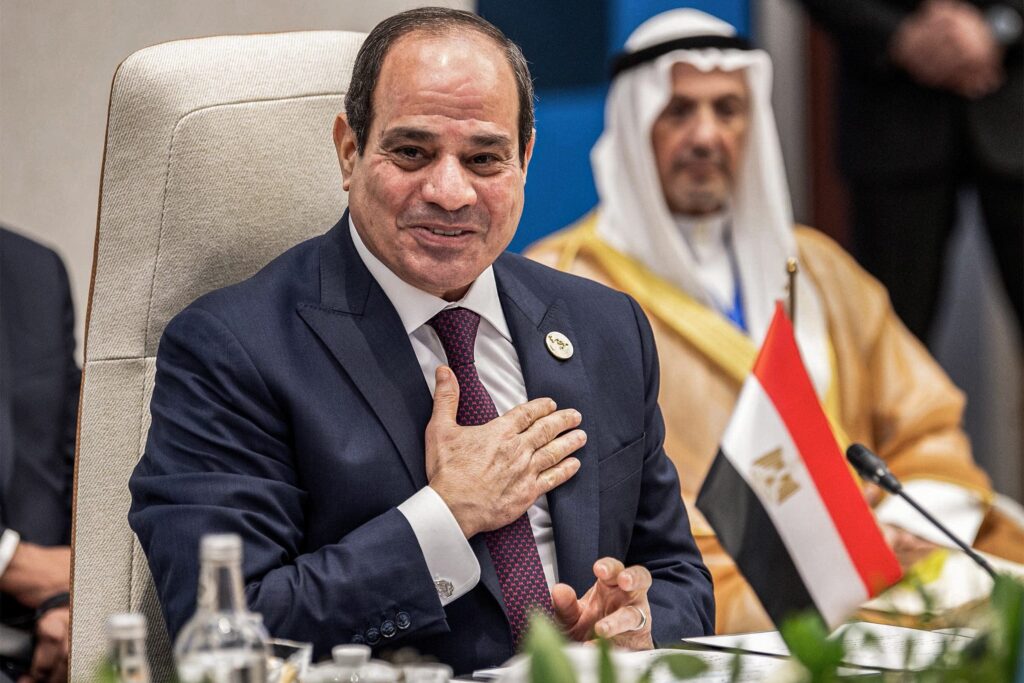By Ben Chacko
LONDON: With the conclusion of the second round of talks between the representatives of the US and the Islamic Republic of Iran and an agreement to continue the talks, it can be stated that this course has thus far been able to prevent the current tensions [between Iran and the West] from spilling over into a US military attack [on Iran] and the start of a war, as well as stay the hand of the warmongering Israeli government away from attacking Iran.
However, given Iran’s currently crisis-ridden economy and gloomy predicament, the complete bankruptcy brought about by three decades of implementing anti-national foreign policies, and Ayatollah Ali Khamenei’s empty hand vis-a-vis Donald Trump, Iran still faces a range of grave threats from the most destructive factions of US imperialism for the time being.
The nature and function of US imperialism to maintain its hegemony by resorting to wars and coup d’etats, in order to interfere in the internal affairs of other countries and determine the course of future developments there, is well-known and unchanging — and it has a long history, at least as far as our country is concerned. Trump would undoubtedly seize upon any opportunity to steer the Islamic Republic in a direction whereby it essentially becomes a strategic ally of the US in global interactions.
Evidence shows that the Islamic Republic is trying to obtain guarantees from the US that the latter will not be able to abrogate from any agreed terms thereafter. However, the theocratic regime has put itself in a very weak position with the policies it has executed so far, both in the foreign arena and at home, and obtaining such a guarantee in negotiations with the likes of Trump seems unlikely or at least unsustainable over the longer term. Furthermore, given Trump’s lack of adherence to international laws and regulations, the Islamic Republic’s recent moves to gain traction through the support of Russia, China and Saudi Arabia are also unlikely to have a significant impact on the negotiations or the securing of such a guarantee.
Therefore, while welcoming the continuation of the negotiations between the US and the theocratic dictatorship in Iran — with its baseline effect of maintaining the peace — the results should nonetheless be viewed with caution, as the material content of the negotiations has so far been kept secret and behind closed doors with the theocratic regime of Iran having sat at the negotiation table dealing from a weak position.
Given the calculated sending out of cunning and contradictory messages by the US diplomatic apparatus, Trump’s deliberate actions to create uncertainty in relations and actions, as well as the aggressive lining up of the Pentagon’s war machine near Iran’s borders, the situation could easily quickly shift towards a ratcheting-up of military tension and the outbreak of conflict. Moreover, Israeli PM Benjamin Netanyahu and his warmongering policies remain the proverbial stick in Trump’s hand.
Meanwhile, we have borne witness to the futile manoeuvrings of the clerical regime’s diplomatic apparatus, including the ludicrous announcement of a precondition of “indirect negotiations only” that has no other purpose than to preserve Khamenei’s face and credibility [among regime hardliners at home].
Therefore, the Tudeh Party of Iran remains very concerned about the critical and dangerous situation that our country is currently facing, because the theocratic regime has neither the will, nor the capacity, nor the desire to properly manage this crisis with the aim of ensuring Iran’s security, national interests and the livelihoods of its people are protected from any threats.
The positions of the Islamic Republic in the arena of foreign policy have now been subordinated to the developments and moves on the side of the US government. Thus, the main tactic of the regime, and of Khamenei himself, to divert Iranian public opinion is nothing but baseless rhetoric with the aim of obfuscating the reality of the self-inflicted internal and external crises, and thereby conceal their culpability in the eyes of the Iranian people — as well as continue with their foolhardy and outlandish projections regarding the military capabilities and power of the Islamic Republic.
The main goal of Khamenei’s representatives in negotiating with the US behind closed doors is to secretly make concessions at the expense of the nation’s material interests in exchange for obtaining the necessary guarantees that would serve to “save the regime.”
Bringing up the issue of domestic and foreign private-sector “investment,” which Khamenei and President Masoud Pezeshkian consider to be an all-encompassing panacea for problems from a neoliberal economic perspective and therefore insist upon it, shows the regime’s utter desperation as well as disregard for development-oriented growth and the interests of the working people of Iran.
The rhetoric of regime leaders on this issue is also theatrical and often contradictory. On Tuesday April 15, in his only comment on the first round of negotiations with the US, Khamenei stated: “Of course, we are very pessimistic about the other side,” while on the previous Wednesday, Pezeshkian stated: “I meet with the Supreme Leader several times every week. He has no objection to US investment in the country. The investors should come and invest!”
Pezeshkian’s reference to the Supreme Leader’s permission to invest in Iran and the dubious moves of various diplomatic staff on social media, with a dramatic exaggeration of the figures involved [$1,000 billion in foreign investment], serve no purpose other than to confuse and distract public opinion and pave the way for an uneven bargaining with the US without revealing the actual content of those negotiations.
On the other hand, it should be noted that in the upper echelons of the regime, there are warmongering circles that wish to continue the dangerous cat-and-mouse game with the US war machine in order to maintain the ideological dominance of “political Islam” in Iran as well as their entailing political-economic privileges. In addition, we should not forget vociferous reformist theorists such as Saeed Laylaz, who just a few years ago used pseudo-intellectual language to talk about the advantages of an atomic bomb in the hands of the Islamic regime in a multipolar world and tied it to the right of national sovereignty. These days, in interviews with Shargh newspaper, Laylaz complains that the whole world is preparing for a confrontation with Trump — all except for Iran!
All the belligerent factions within the regime, including figures like Laylaz, as well as the monarchist pseudo-opposition in exile, prescribe military tension — the fire of war and destruction — for the Iranian people, albeit for different reasons. In stark contrast, the policy of the main part of the leftist and progressive nationalist forces is focused on the need to maintain a lasting peace to prevent war — because in the absence of peace, not only will war, killing, and destruction be imposed on the nation, but the repression of the regime will be much harsher and consequently the struggle for freedom and social justice will be rendered much more difficult.
Political and civil activists, through collaboration and co-operation, upon the platform of seeking peace, can promote the adoption of common slogans such as “the demand for the necessity of continuing the negotiations to ensure peace and advancing the struggle against the dictatorship” and “the demand for the subject and contents of the negotiations to be open and public” in Iranian society. By imposing the recourse to peace on the leadership of the Islamic Republic regime, it is possible to play an effective role in preventing the outbreak of further tensions, conflict, and the possibility of a catastrophic war.
Abroad, co-operation with peace-loving and progressive forces is necessary to raise awareness and mobilise public opinion in order to block the path of a US-Israeli military attack on Iran. In this effort, the Tudeh Party of Iran has drawn upon all its resources and is ready to co-operate with the leftist and progressive national forces of the country. Such collaborations aim to organise media activities, put pressure on foreign governments, as well as use the resources of trade unions, civil society organisations, and anti-war movements to protect Iran from the looming threat of war.
Let us join hands with each other and redouble in our efforts on the common objective of seeking peace and defending national sovereignty, to force the theocratic regime to retreat and thus pave the way for the transition from the current dictatorial regime to a national and democratic republic. (IPA Service)
Courtesy: Morning Star

 Sangh Parivar Is Dominating Most Of Legislatures And Executive In The Country
Sangh Parivar Is Dominating Most Of Legislatures And Executive In The Country 